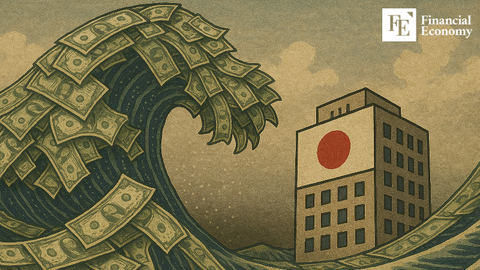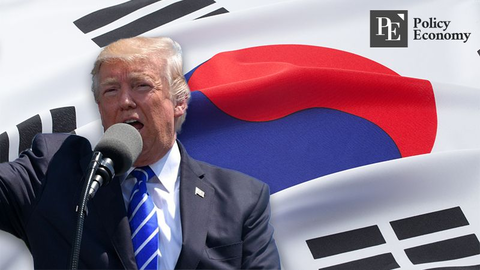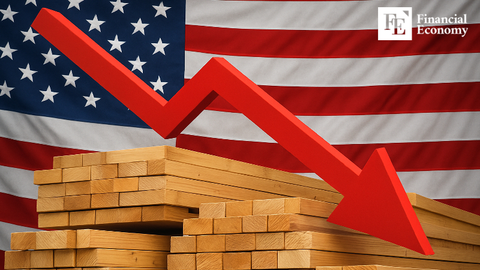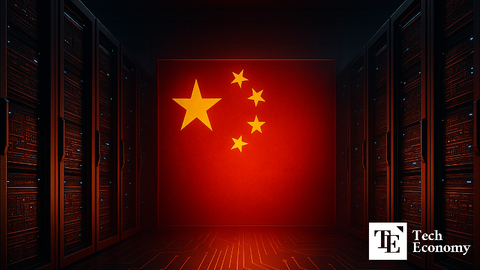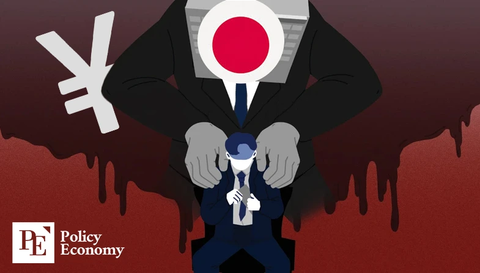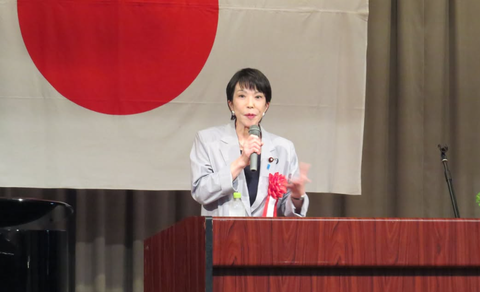Global factory springs back to life amid U.S.-China tariff truce: 'Flood of U.S. orders
Input
Changed
U.S. companies resume operations in Chinese factories amid tariff truce Shipping restarts, rush to secure Chinese-made inventory 90 days seen as tight window — some predict no major import surge
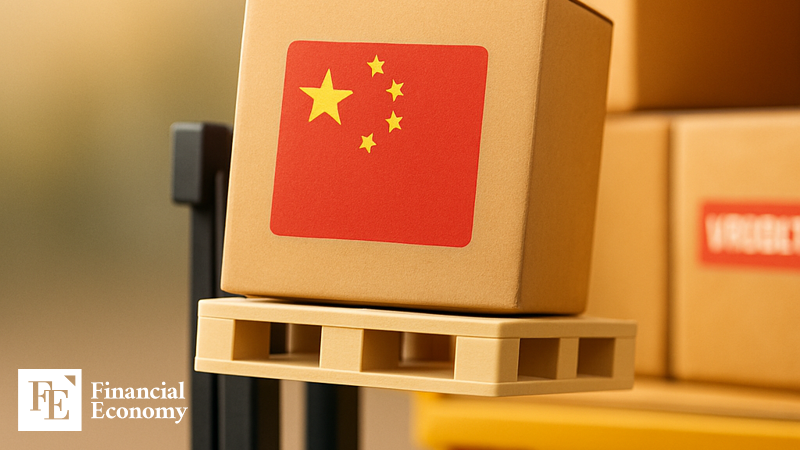
As the U.S. and China drastically lower the triple-digit tariffs they had imposed on each other, trade between the two countries is expected to gain breathing room. Some U.S. companies are quickly resuming production at Chinese factories and moving to ship products, reacting swiftly to the tariff war "truce."
Trump & Xi Announce 90-Day Tariff "Truce"
According to Reuters and other international media on the 13th (local time), the U.S. and China are seeing signs of trade resumption after announcing significant tariff reductions. On the 12th, the two countries declared that they would lower tariffs on each other for 90 days. Per their joint statement, the U.S. reduced tariffs on Chinese goods from 145% to 30%, while China cut its retaliatory tariffs on U.S. goods from 125% to 10%.
In the case of the U.S., it retained the 20% tariff imposed on Chinese fentanyl and a base mutual tariff of 10%. China also maintained a minimal 10% reciprocal tariff. Therefore, apart from the fentanyl-related tariff, both countries are effectively maintaining mutual tariffs at 10%. These lowered tariffs will be in effect for 90 days starting on the 14th.
The unexpected scale of the reductions stems from shared fears that continued high-stakes confrontation could cause irreparable economic damage to both sides. U.S. Treasury Secretary Scott Besant said, “Through this negotiation, we concluded that the U.S. and China have shared interests,” and added, “No one wants decoupling.”
U.S. Also Slashes Tariffs on Small Parcels from China
Along with the truce, the U.S. will also drastically reduce tariffs on small imports from China. On the 12th, the White House announced it would lower the tariff rate on small parcels under $800 from China from 120% to 54%, effective from the 14th. While the fixed fee per parcel remains at $100, the previously planned increase to $200 starting next month has been canceled.
As a result, for parcels under $800 shipped from China, either 54% of the product price will be paid as a tariff or a fixed $100 fee will apply. Previously, on April 3, President Trump signed an executive order to repeal the "de minimis" exemption on sub-$800 Chinese goods and impose a 30% tariff starting May 2. Following that, tariffs on small Chinese parcels rose to 90%, then 120%, and were applied from May 2. The fixed fee alternative also rose from $25 to $100 per parcel, and was set to increase to $200 next month before the plan was scrapped.
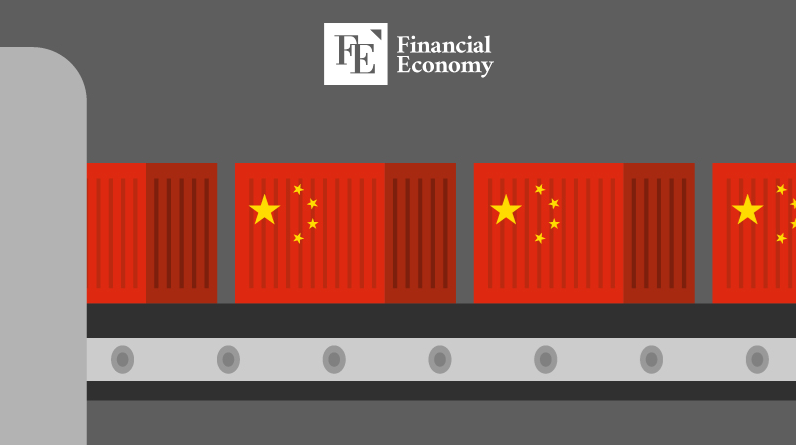
U.S. Companies Rush to Reimport Chinese Goods
The substantial rollback of high tariffs has prompted U.S. businesses to act quickly. According to The New York Times (NYT), Basic Fun, the U.S. toy maker behind Tonka trucks, halted all Chinese shipments in recent weeks and held goods at factories until shipments resumed immediately on the 12th.
CEO Jay Foreman of Basic Fun said, “I was on the phone with partners from the early morning, asking them to resume shipments. Everything is moving again—calling Chinese logistics firms, setting pickup schedules, and booking cargo ships.”
Monty Sharma, CEO of massage device manufacturer Therabody, also resumed production at Chinese factories. “Despite costs increasing by about 30%, I’ve never been this happy in my 40 years in this business,” he said.
However, there’s also caution. David Chitayat, CEO of OEM company Genimex, said U.S. firms are likely to rush to bring Chinese factory stock into the U.S. The 90-day window could end with tariffs reverting or talks falling through, prompting companies to secure inventory while they can. “Tariffs still matter, but most brands can manage,” he noted, adding that while companies may absorb higher costs, consumer prices are likely to rise too—by 5–10% if tariffs increase by 30%.
The National Retail Federation (NRF) also predicts short-term relief for retailers who may stock up for the back-to-school and holiday seasons. However, firms that had shut down operations due to tariff spikes must first restart production. Whether they can manufacture and ship within 90 days is the key issue. Outdoor gear maker Tarptent is reviewing whether it can resume Chinese orders, but producing tents using U.S. fabrics shipped to China and completing the process within 90 days seems unlikely.
There’s also criticism that even the reduced 30% tariff remains high. If shipping demand for Chinese goods spikes, freight costs could rise or deliveries may be delayed. Gene Seroka, Executive Director of the Port of Los Angeles, a key U.S. trade hub, said, “Given how short the window is, there likely won’t be a dramatic import surge in the next few weeks. In our industry, 90 days is not a long time.”


